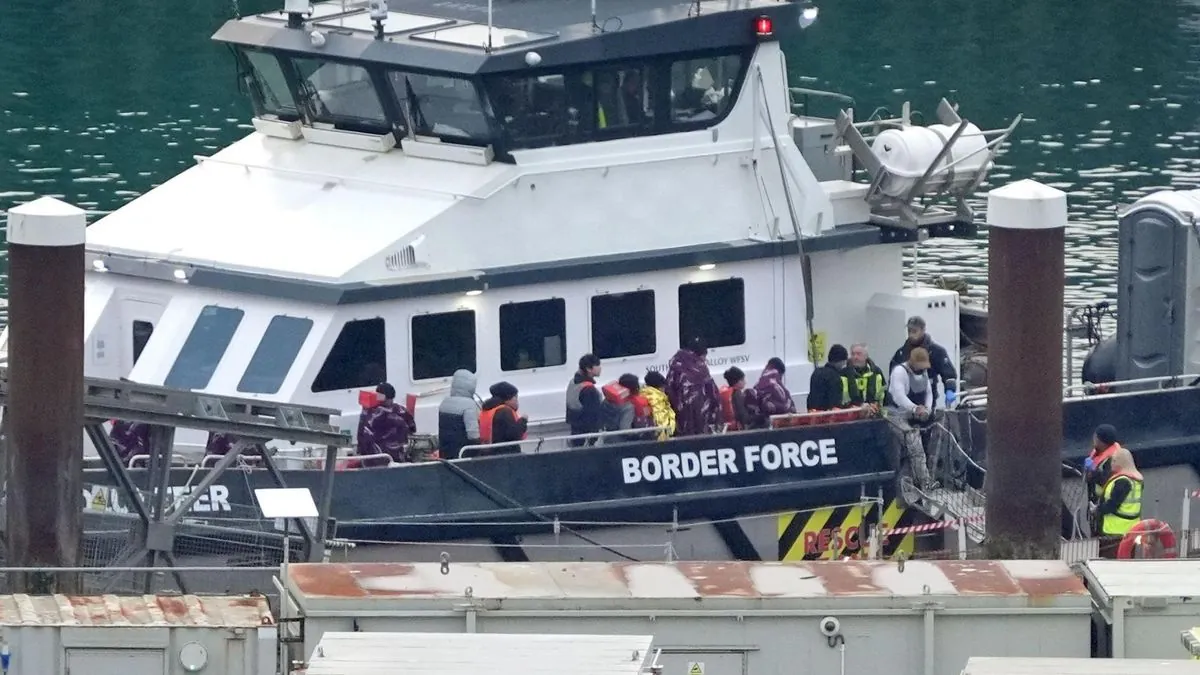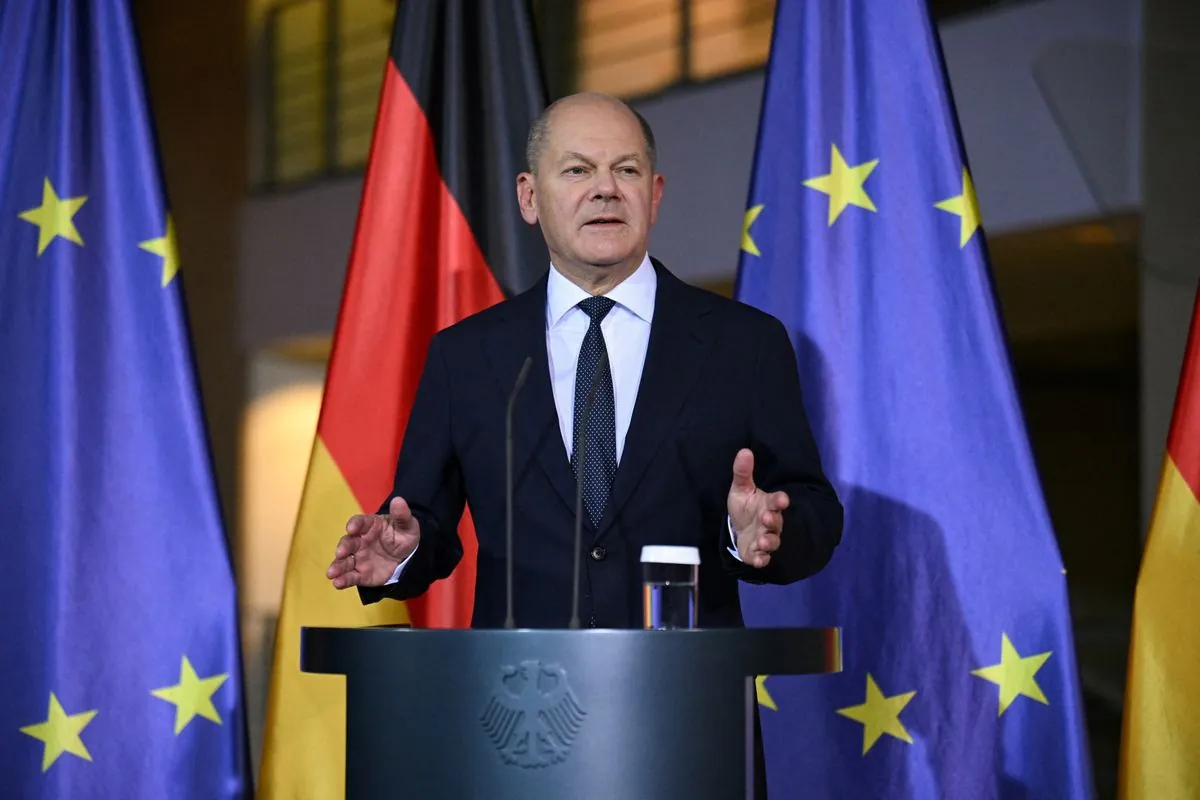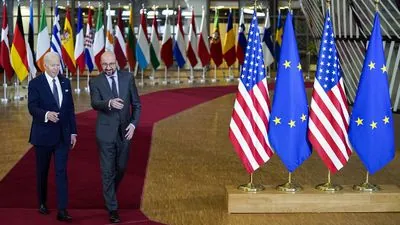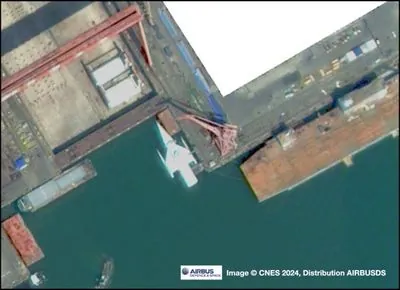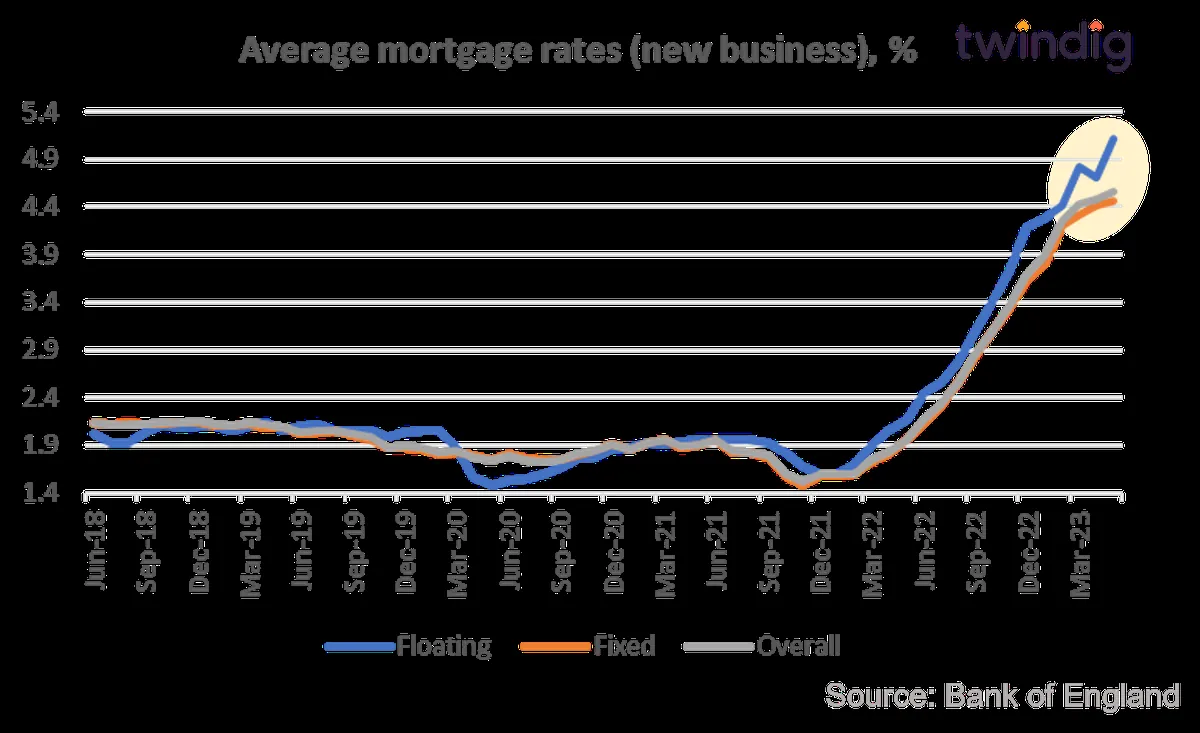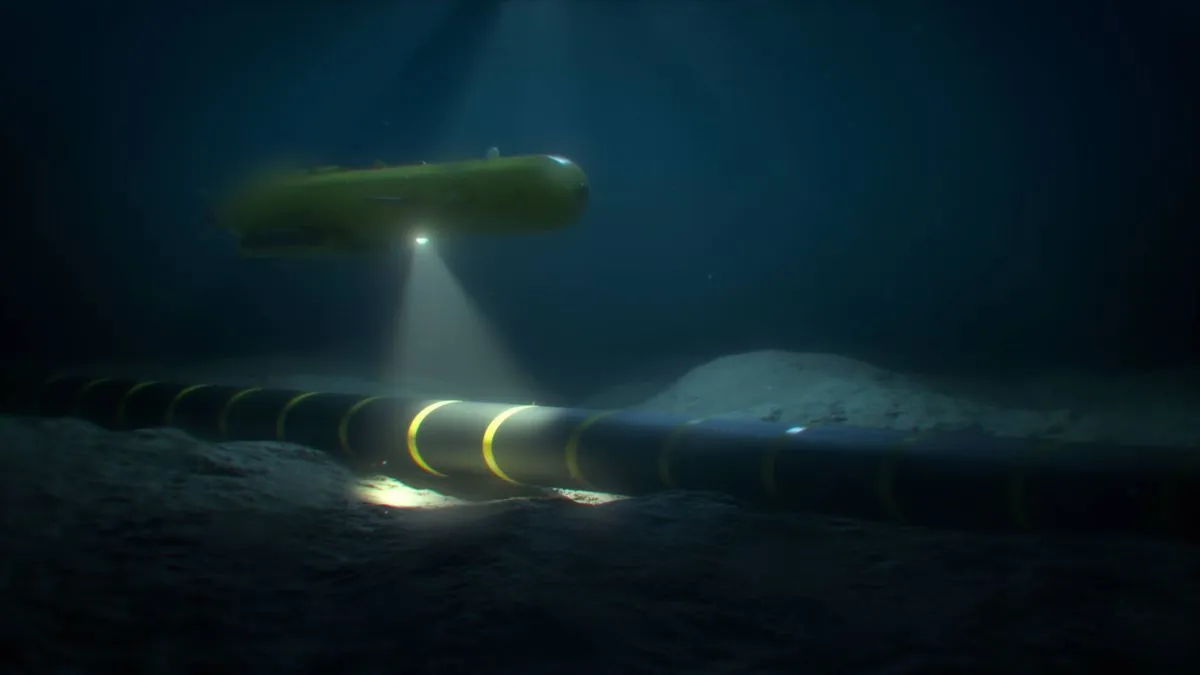Estonia
Estonia, officially the Republic of Estonia, is a country by the Baltic Sea in Northern Europe. It is bordered to the north by the Gulf of Finland across from Finland, to the west by the sea across from Sweden, to the south by Latvia, and to the east by Lake Peipus and Russia. The territory of Estonia consists of the mainland, the larger islands of Saaremaa and Hiiumaa, and over 2,300 other islands and islets on the east coast of the Baltic Sea, covering a total area of 45,335 square kilometres (17,504 sq mi). Tallinn, the capital city, and Tartu are the two largest urban areas. The Estonian language is the indigenous and official language. It is the first language of the majority of the population of 1.4 million.

Some of the key events about Estonia
- 1227The Danish invasion and conquest of northern Estonia began
- 1558The Livonian War broke out, devastating much of Estonia
- 1710The Great Northern War and plague killed about 70% of the Estonian population
- 1816Serfdom was officially abolished in Estonia, but peasants remained economically dependent on landowners
- 1918Estonia declared independence from Russia, establishing itself as a sovereign nation
- 1918The Estonian War of Independence began, resulting in significant loss of life
- 1920The Tartu Peace Treaty was signed, ending the Estonian War of Independence
- 1940The Soviet Union occupied and annexed Estonia, ending its independence
- 1941Nazi Germany occupied Estonia, leading to widespread persecution and deportations
- 1944Soviet forces reoccupied Estonia, initiating a period of Stalinist repression
- 1949Mass deportations of Estonians to Siberia were carried out by Soviet authorities
- 1986The Chernobyl disaster affected Estonia with increased radiation levels and health concerns
- 1991Estonia regained its independence from the Soviet Union through the Singing Revolution
- 1994The last Russian troops withdrew from Estonian territory
- 2004Estonia joined both NATO and the European Union
- 2005Estonia became the first country to hold nationwide internet voting in local elections
- 2011Estonia adopted the euro as its official currency
- 2014Estonia became the first country to offer e-Residency, a transnational digital identity
- 2016Estonia launched the world's first data embassy in Luxembourg to ensure digital continuity
- 2021Estonia was elected as a non-permanent member of the United Nations Security Council
Disclaimer: This material is written based on information taken from open sources, including Wikipedia, news media, podcasts, and other public sources.
Estonia Latest news

Nordic nations make surprise move back to cash as cyber risks grow
Swedish government hands out emergency leaflets telling citizens to keep cash ready for crisis situations. Other Nordic countries follow suit while moving away from their almost-cashless economies
Society, Economics • November 29 2024 , 10:39 AM • 2937 views
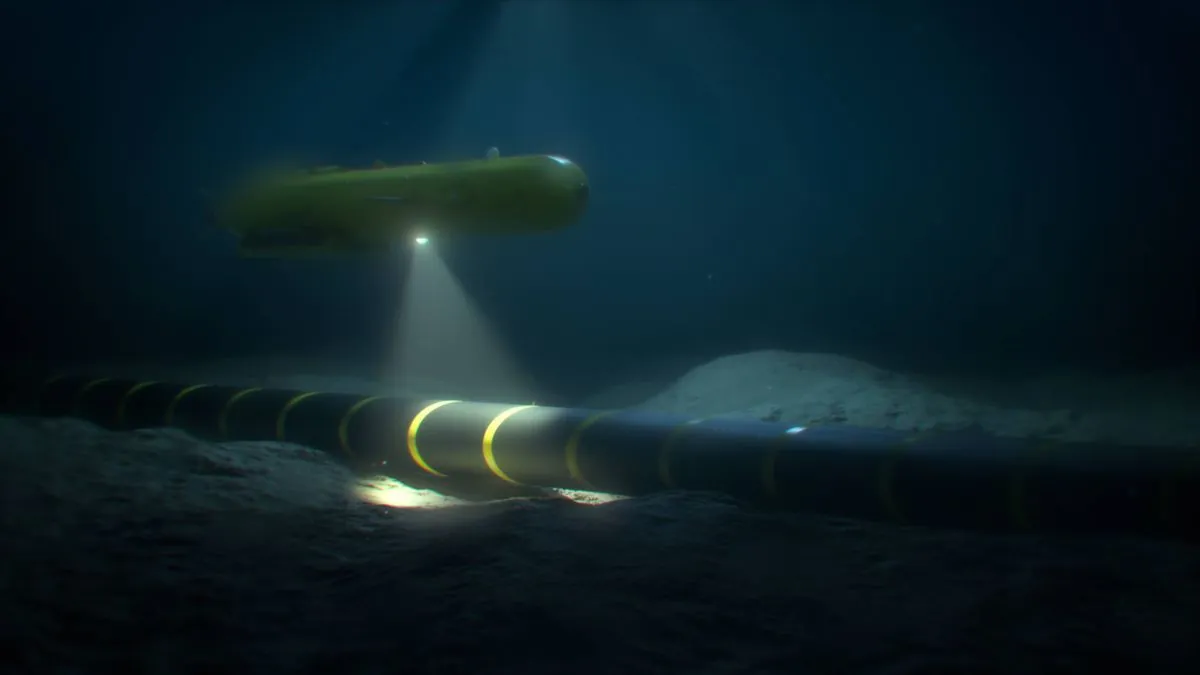
Mysterious damage to Baltic Sea internet cable raises questions about security
Key underwater internet link between Finland and Germany stops working near Swedish waters. Second cable gets damaged while repair-ship heads to check what happened to the first one
Society, Business, Politics • November 18 2024 , 11:28 PM • 696 views
